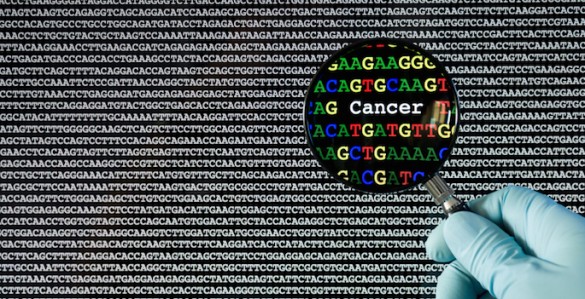Women with inherited mutations in breast cancer genes have lifetime varying breast cancer risks, ranging from high (e.g., 40% or more for BRCA1, BRCA2, PALB2) to moderate (e.g., 20% or higher for ATM, CHEK2) risk genes.
Per national practice guidelines, risk-reducing bilateral mastectomy is a consideration for patients with inherited mutations in high- but not moderate-penetrance risk genes.
Tuya Pal, MD, and colleagues evaluated surgical treatment in 684 adult females with breast cancer and a confirmed mutation in BRCA1, BRCA2, PALB2, ATM or CHEK2, who were enrolled in the Inherited Cancer Registry. They found similar rates of bilateral mastectomy across high- and moderate-penetrance genes.
The findings, published in JAMA Oncology, raise concerns about possible overtreatment for patients with variants in moderate-penetrance genes. The authors recommend further evaluation and extension of the studies across diverse populations.
Co-authors of the report include Sonya Reid, MD, Mya Roberson, PhD, Kenna Koehler, MD, Tiana Shah, Anne Weidner, MPH, and Jennifer Whisenant, PhD. The study was supported by the National Institutes of Health (grant CA090625), Susan G. Komen Foundation, and American Society of Clinical Oncology.















